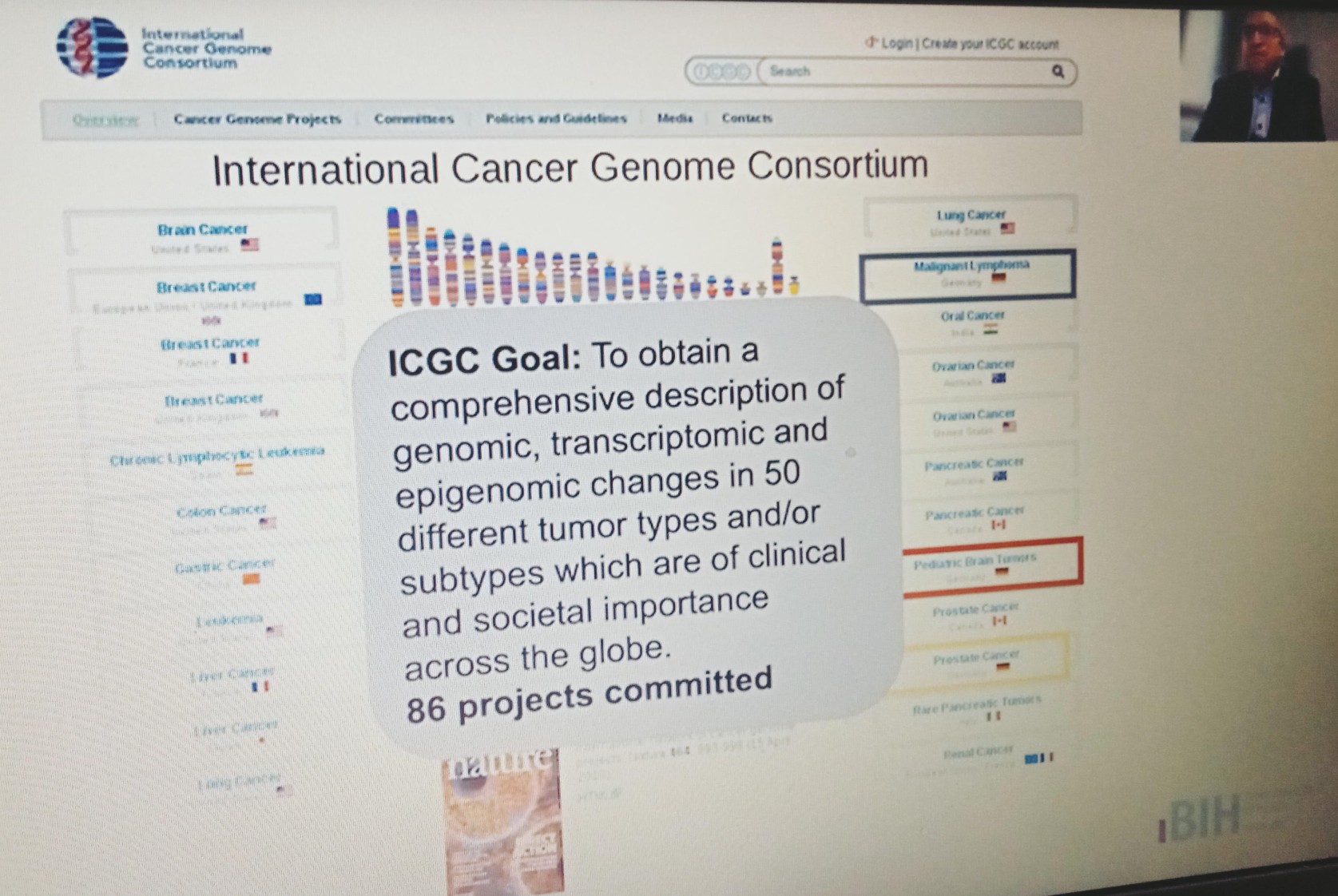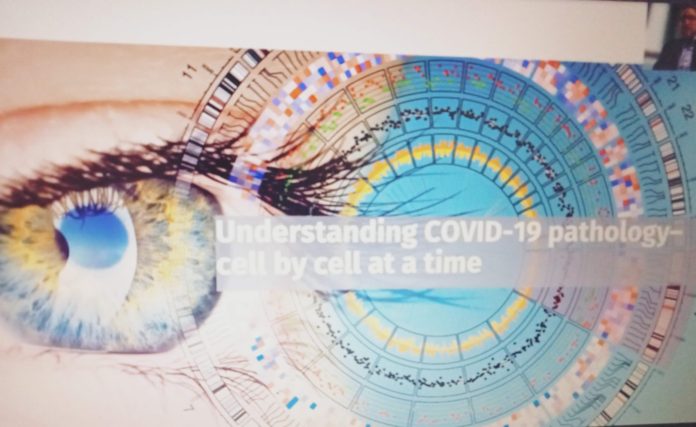By Mary Mwendwa
Nairobi, Kenya: Use of health data is helping to transform research in the health sector in Berlin. Speaking during the Berlin Science Week 2021, Prof. Roland Eils, Founding Director, Digital Health Centre, Berlin Institute of Health(BIH) noted how data was important in digital health research. “ We have been using data in our research projects on cancer and covid-19 and also we have partnered with international initiatives where we collaborate on the same.”
The use of data has enabled the creation of digital laboratories. The activities of BIH Digital Laboratories directly drive the implementation of the BIH mission of translational medicine, i.e. the transfer of biomedical research results and inventions to patients and the healthcare market, in the field of digital health.
This is achieved by offering services to employees of the Charité including the BIH, to innovative digital health companies, as well as to digital health interested parties in the national and international innovation ecosystem.
Eils said that digital health research has greatly helped them as an institute to participate in the International Cancer Genome Consortium and Pan-Cancer Analysis of Whole Genomes and SARS-COV-2. Through these projects, they have been able to study together with other scientists from different Countries about the different kinds of cancer tumors, study different types of genomes and also understand COVID-19 pathology.
“ For example in the Pan-Cancer Analysis of Whole Genomes we have identified 2600 genomes, 38 tumor types, and also come up with 5 data portals from 37 Countries while working with over 1300 scientists and clinicians across the world.” Said Eils.
The team of scientists has also created a Human Cell Atlas, which creates a comprehensive reference map of the types and properties of all human cells, the fundamental unit of life, as a basis for understanding, diagnosis, monitoring, and treating health and disease.
“ We are going to work on this for decades to help in various projects of health research.”

Also, prof. Eils reveals that through their cancer research they were able to identify entry factors of the SARS-Cov-2 because they had already collected samples for healthy individuals on lung cancer. “ Even before German reported the first covid-19 case we had already identified entry factor for it.”
All these developments have been attributed to health research activities that were ongoing.
Similarly, at Berlin Health Innovations, the joint technology transfer of the Berlin Institute of Health (BIH) and Charité – Universitätsmedizin Berlin, they are committed to making a difference in translational medicine.
They apply profound expertise in the areas of pharmaceuticals, diagnostics and medical technologies alone may not be enough to enable our innovators out of BIH and Charité to create the future of medicine.
That is why they also focus on digital health – the convergence of new, digital technologies with biomedicine and healthcare – which allows them to add substantial value to innovations that improve patients’ lives today and tomorrow.
During the Berlin Science Week, 2021 different scientists showcased how they were using technology to promote data usage in their research work.
Similarly, Terra Lumina a Senior Cheminformatician / Computational Chemist – Molecular Descriptor based in Berlin says, “Despite wide knowledge regarding the therapeutic potential of plants, more than 99% of the small molecules within this kingdom of life remain unexplored. Terra Lumina is on a mission to empower healthier humanity by unlocking the therapeutic potential of nature.”
She adds that the power of data is critical in natural products research because of the challenges faced.
Lumina also noted how Artificial Intelligence has emerged as a novel strategy to accelerate and drive innovation in the early stages of drug discovery.
“ 60 percent of the drugs on the market derive from natural sources, we have thousands of knowledge on empirical traditional medicine that can be used to evaluate safety and efficacy.”
She further said that nature is one of the richest untapped chemical reservoirs of therapeutic compounds. Drug discovery channels can be used if there was enough data around the research on natural products.
“ India has one of the best documentation on traditional plants, this data that can be helpful in natural products research.” She concluded.














